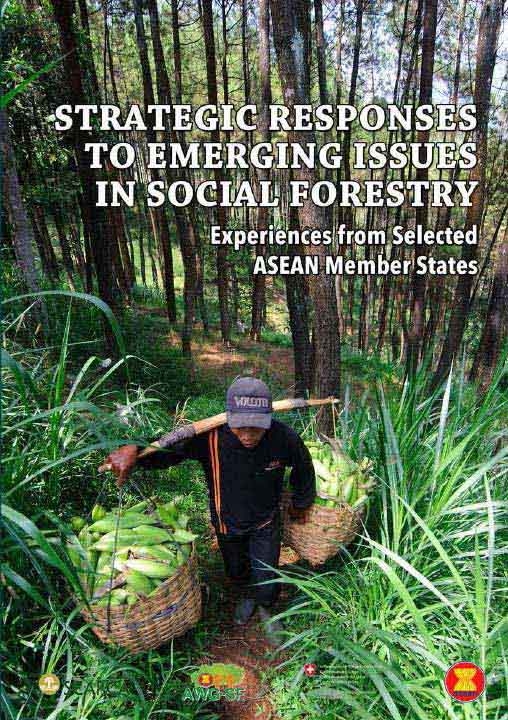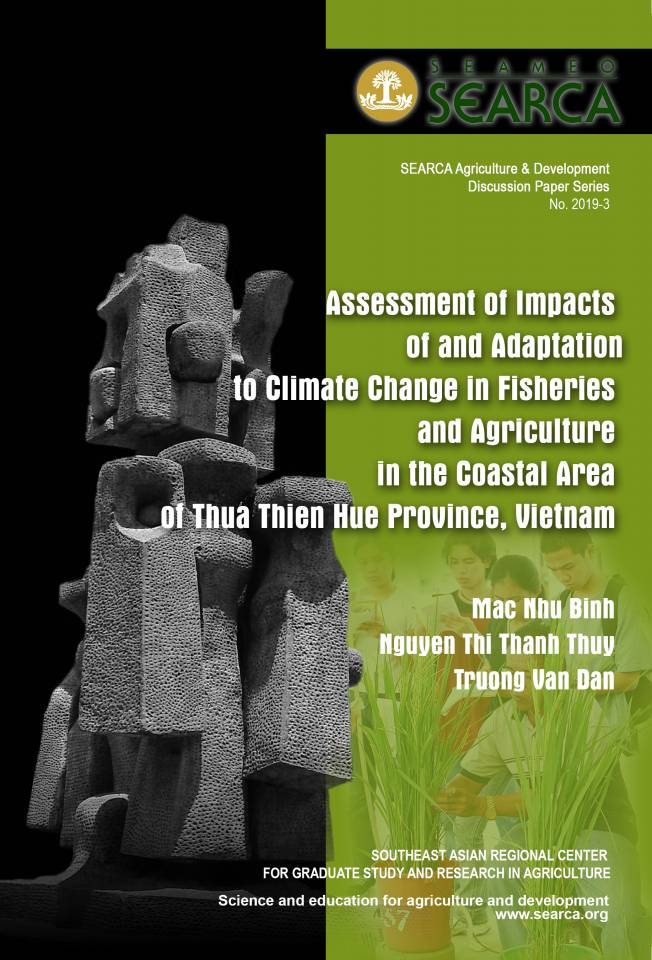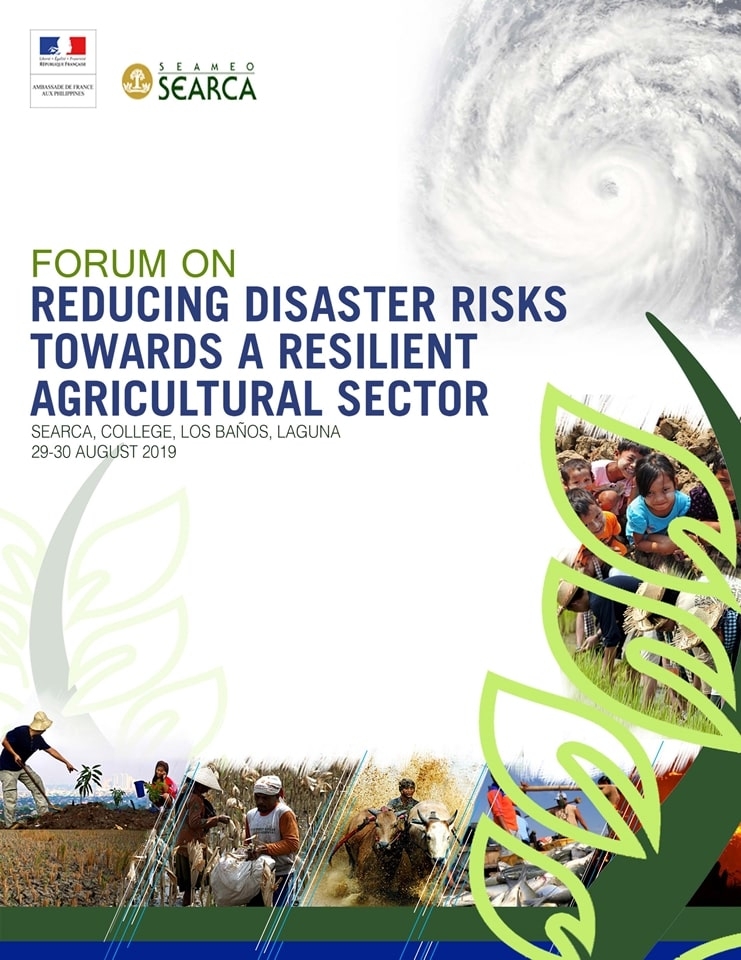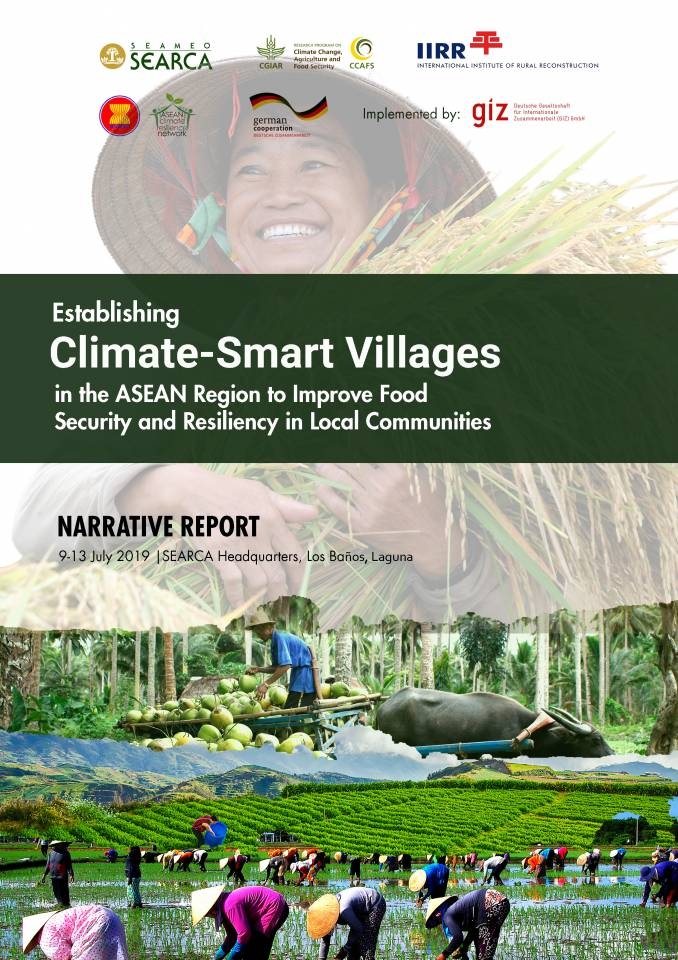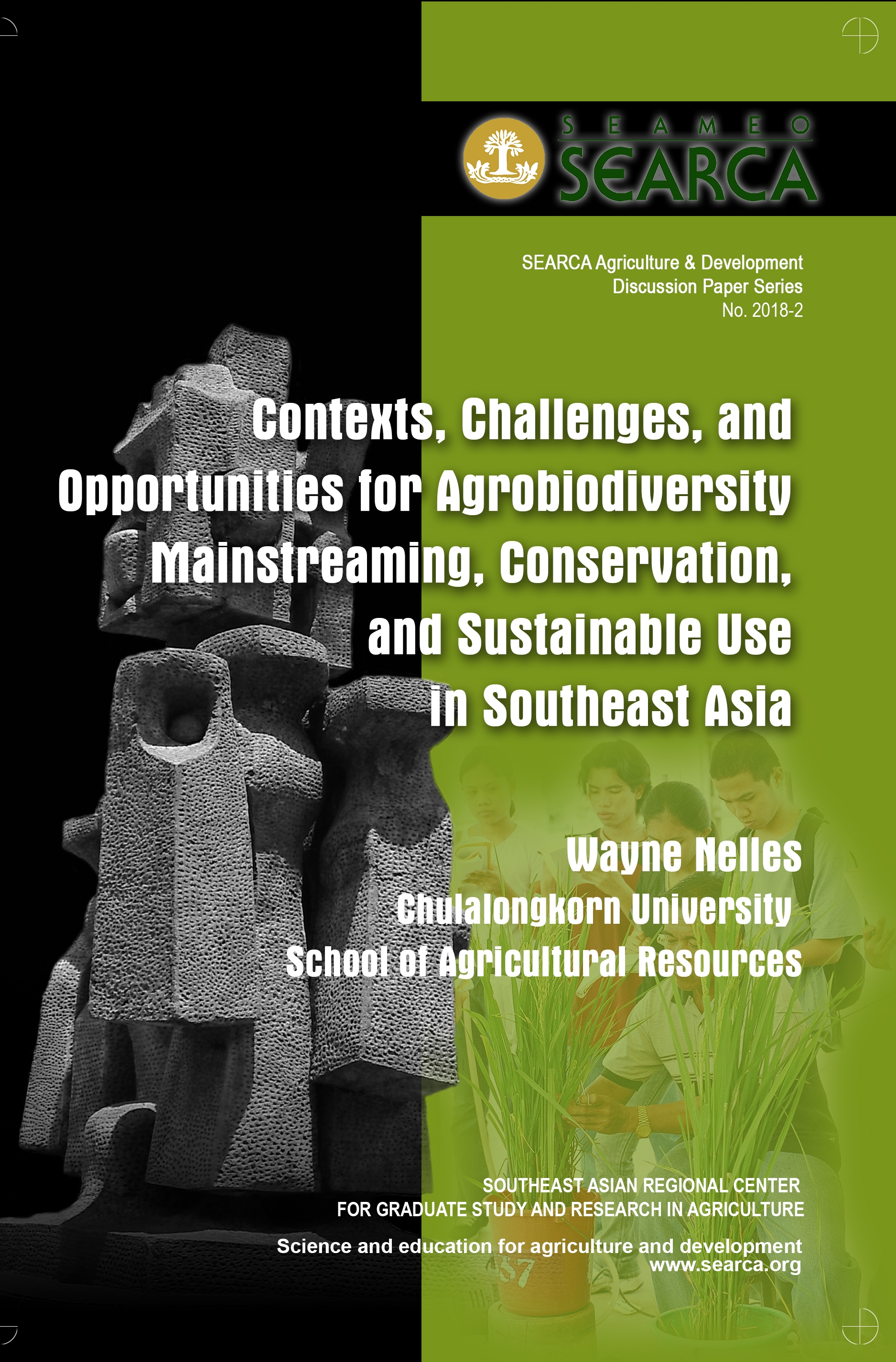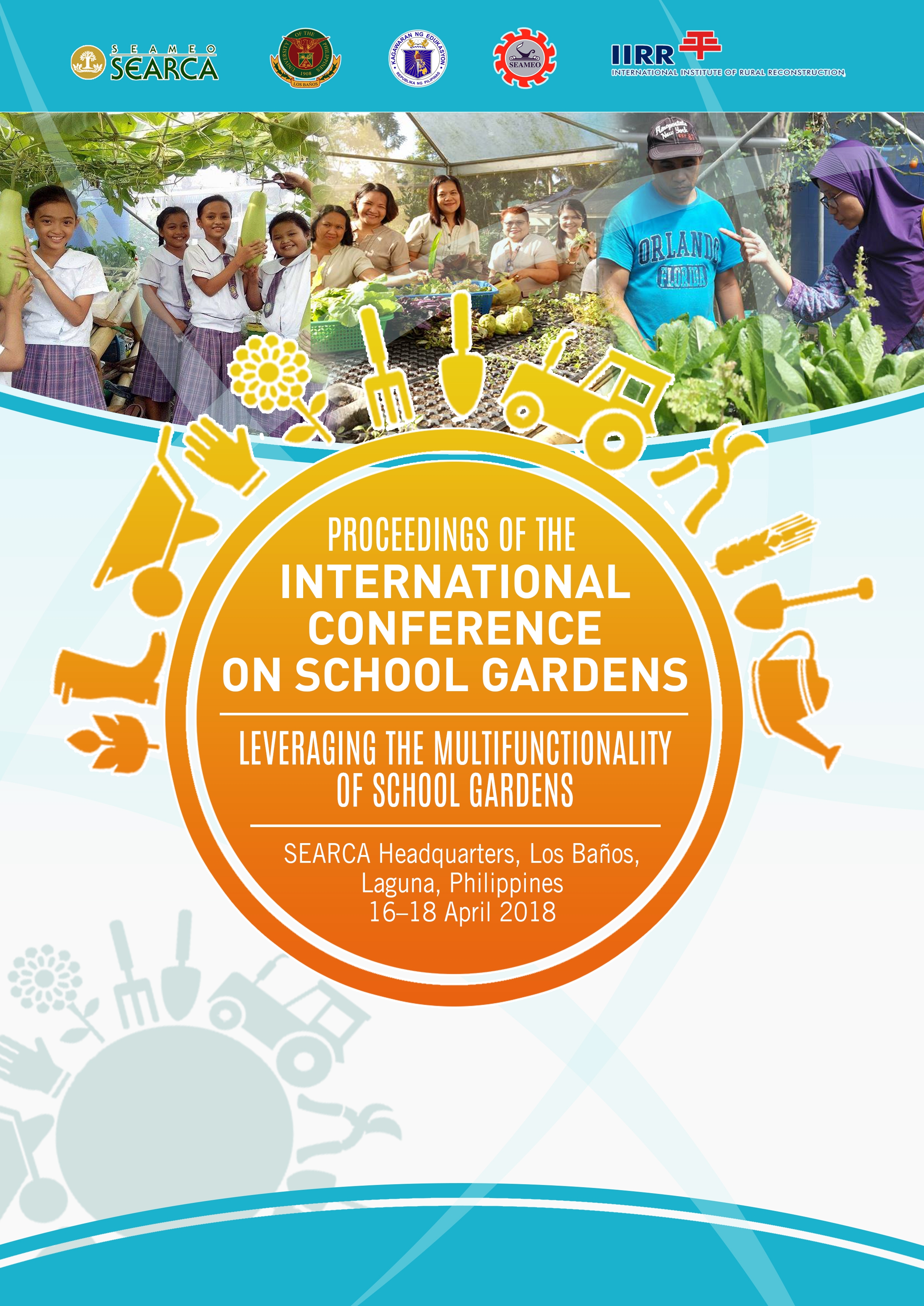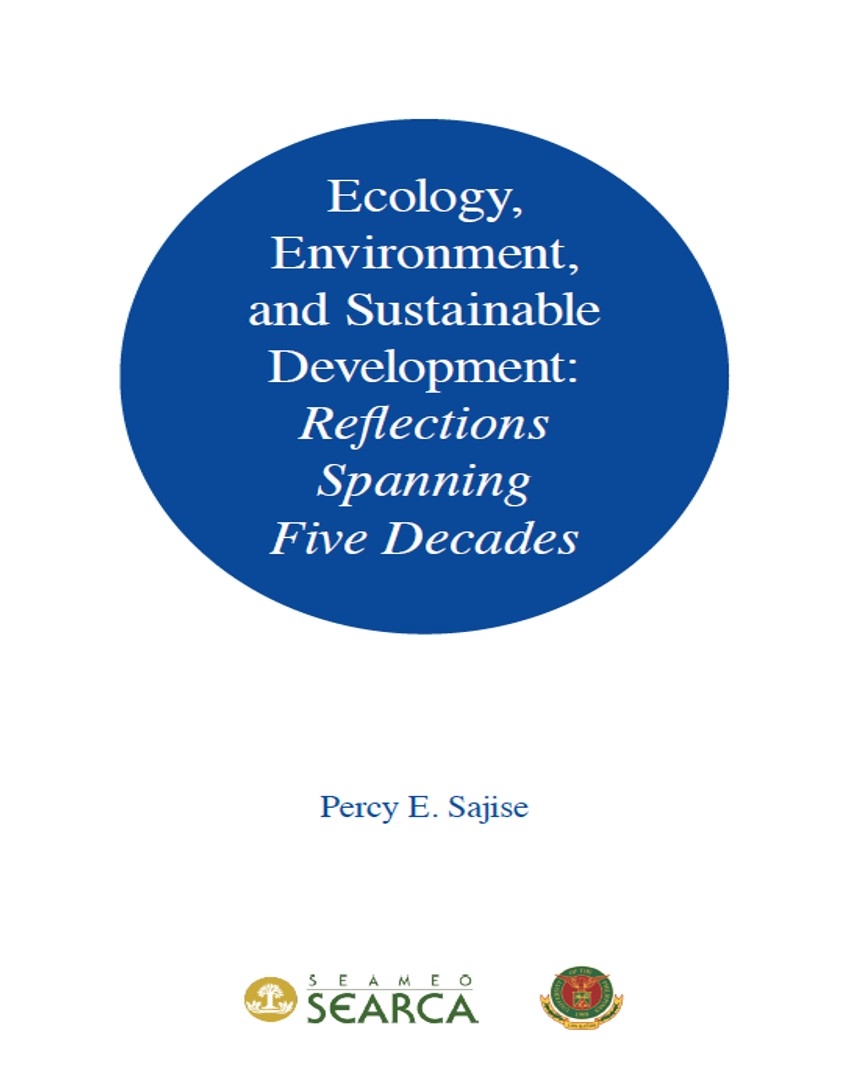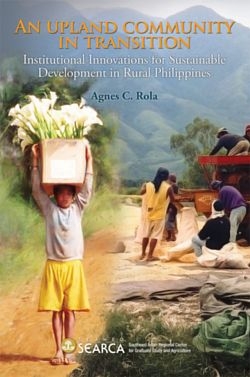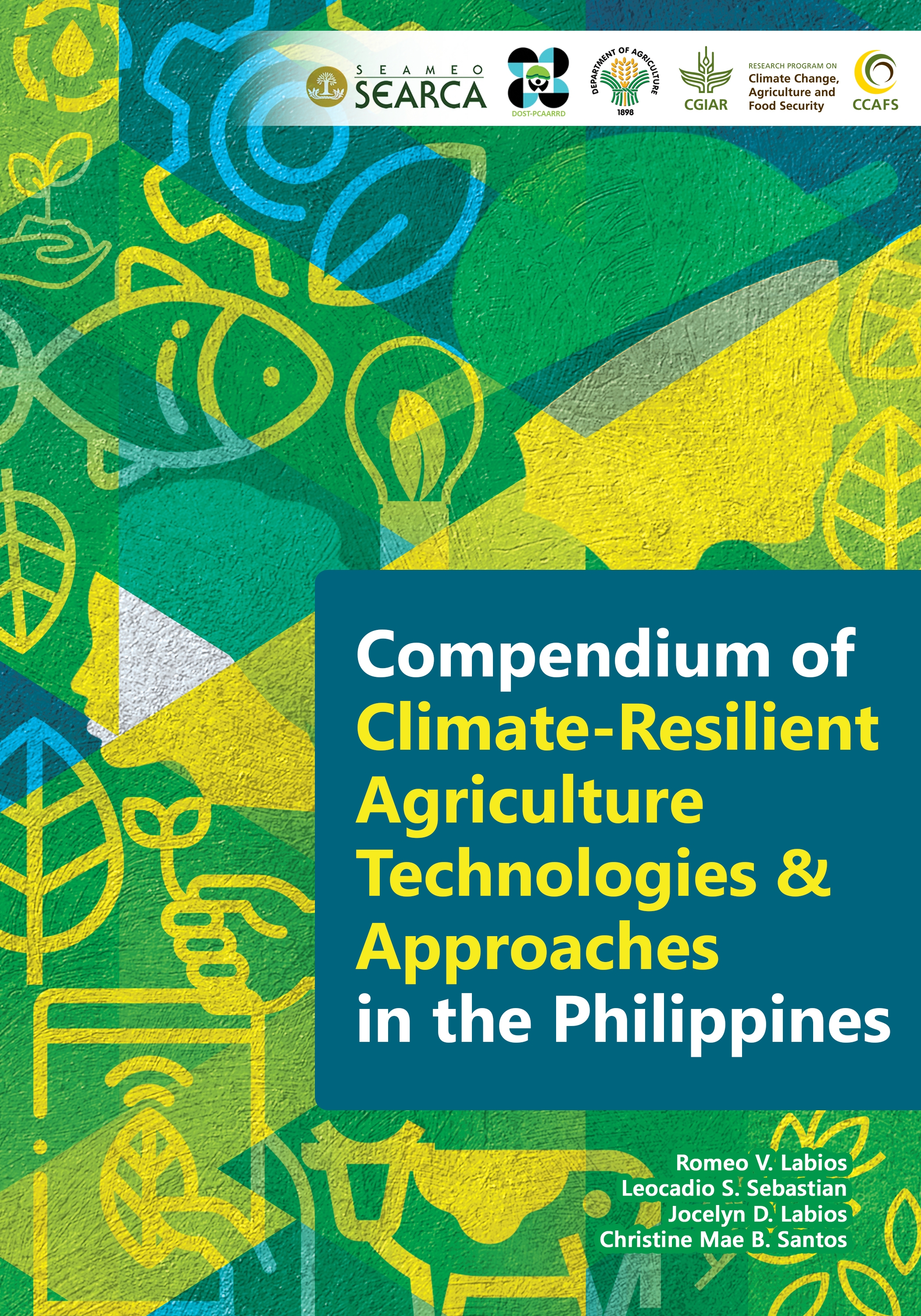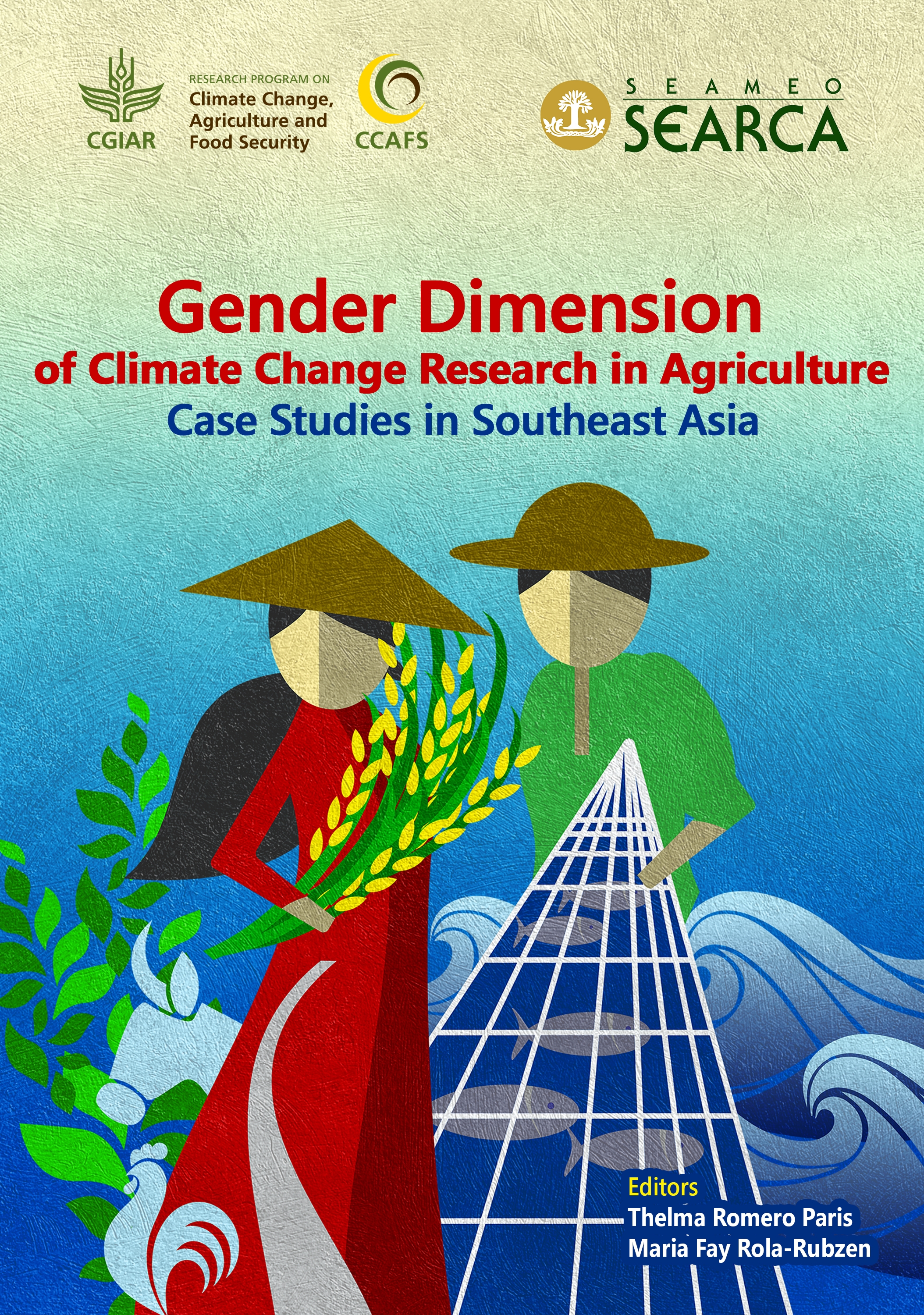Other Publications
For over a decade, the ASEAN-Swiss Partnership on Social Forestry and Climate Change (ASFCC) has supported ASEAN’s pursuit of food security through sustainable, efficient, and effective use of land, forest, water, and aquatic resources and by minimizing the risks and impacts of climate change. The central element of the ASFCC program, which concluded in February 2020, was its support for the ASEAN Working Group on Social Forestry (AWG-SF) and its strategic priorities and plans of action. The ASFCC Strategic Reserve Fund (ASRF) was then designed…
Climate change is a human concern, impacting not only the physical environment but also the livelihood of the people. Warnings on the probable severe negative effects of climate change on humans have been published globally and Vietnam is one of five countries that will be affected most severely by climate change and sea level rise. Therefore, climate change needs to be considered in the strategies and plans for long-term and shortterm development goals of each locality in Vietnam including Thua Thien Hue province. As a coastal…
Some of the specific pathways through which damage and loss from exposure to extreme hazards such as tropical storms, floods, droughts due to climate variability and change occur in the agricultural sector. Despite this, there is still limited action related to disaster risk reduction and management by various actors, which underpins the vulnerability that exists in the sector. The lack of technical capacity, poor government coordination, and inadequate financing, for instance, suggest the type of local government policies in place.…
The Southeast Asian Regional Center for Graduate Study and Research in Agriculture (SEARCA), in partnership with the International Institute of Rural Reconstruction (IIRR) and the CGIAR Research Program on Climate Change, Agriculture, and Food Security (CCAFS), organized a workshop titled Establishing Climate-Smart Villages (CSVs) in the ASEAN Region to Improve Food Security and Resiliency in Local Communities on 9-13 July 2019 to demonstrate the principles and processes behind the application of climate-smart agriculture in communities vulnerable to the worsening impacts…
This paper provides an introduction to some critical issues pertaining to agrobiodiversity mainstreaming, conservation, and sustainable use in Southeast Asia. An earlier draft initially served as a background paper for a regional agrobiodiversity workshop organized by the Southeast Asian Regional Center for Graduate Study and Research in Agriculture (SEARCA) and the ASEAN Center for Biodiversity (ACB), hosted by Maejo University (MJU) in Chiang Mai, Thailand on 12–14 September 2017.
A total of 130 participants from partner organizations, school administrators, and teachers from the Department of Education (DepEd), Philippines and ministries of education across Southeast Asia (SEA), and Local Government Units (LGU) joined in the International Conference on School Gardens held on 16–17 April 2018 at the Southeast Asian Regional Center for Graduate Study and Research in Agriculture (SEARCA) Headquarters in Los Baños, Laguna. With the theme “Leveraging the Multi-functionality of School Gardens,” the international conference was organized by SEARCA…
This small book contains big lessons on sustainable resource management that Dr. Percy E. Sajise, a Filipino ecologist and environmentalist, has distilled from his more than four decades of professional work primarily in Asia and the Pacific. The book underscores the importance of the interdisciplinary approach and networking to effective environmental management, enhanced sustainable development, and biodiversity conservation. The notion of the primacy of people’s well-being in development work runs throughout the book. Students and practitioners of environmental science, ecology,…
All over Southeast Asia, rural communities are in transition to a sustainable status. This book explores how an environmentally fragile upland community in the rural Philippines coped with and responded to economic and environmental tensions brought about by a globalized economy and decentralization. This, in turn, gave rise to local power especially in the management of natural resources Time-series farm and household-level data of the study community characterized upland development in the Philippines during the turn of the 21st century.…
This Compendium of Climate-Resilient Agriculture Technologies and Approaches in the Philippines has been produced in response to the need to provide science-based and actionable knowledge on climate-resilient agricultural technologies and practices in different agroecological systems in the Philippines. The compendium aims to better guide policymakers, farmer organizations, researchers, extension workers, and the agribusiness sector, as well as climate-smart agriculture practitioners. It does not only present a menu of solutions but more importantly, it proposes that the business-as-usual attitude is no…
This book Gender Dimension of Climate Change Research in Agriculture in Southeast Asia: Case Studies in Southeast Asia features case studies on climate change, gender roles, and adaptation strategies in the region. Many studies have been done on gender analysis but not much has been done in the context of climate change and agriculture. This publication aims to find the links between socioeconomic and gender issues in the context of a changing climate.

